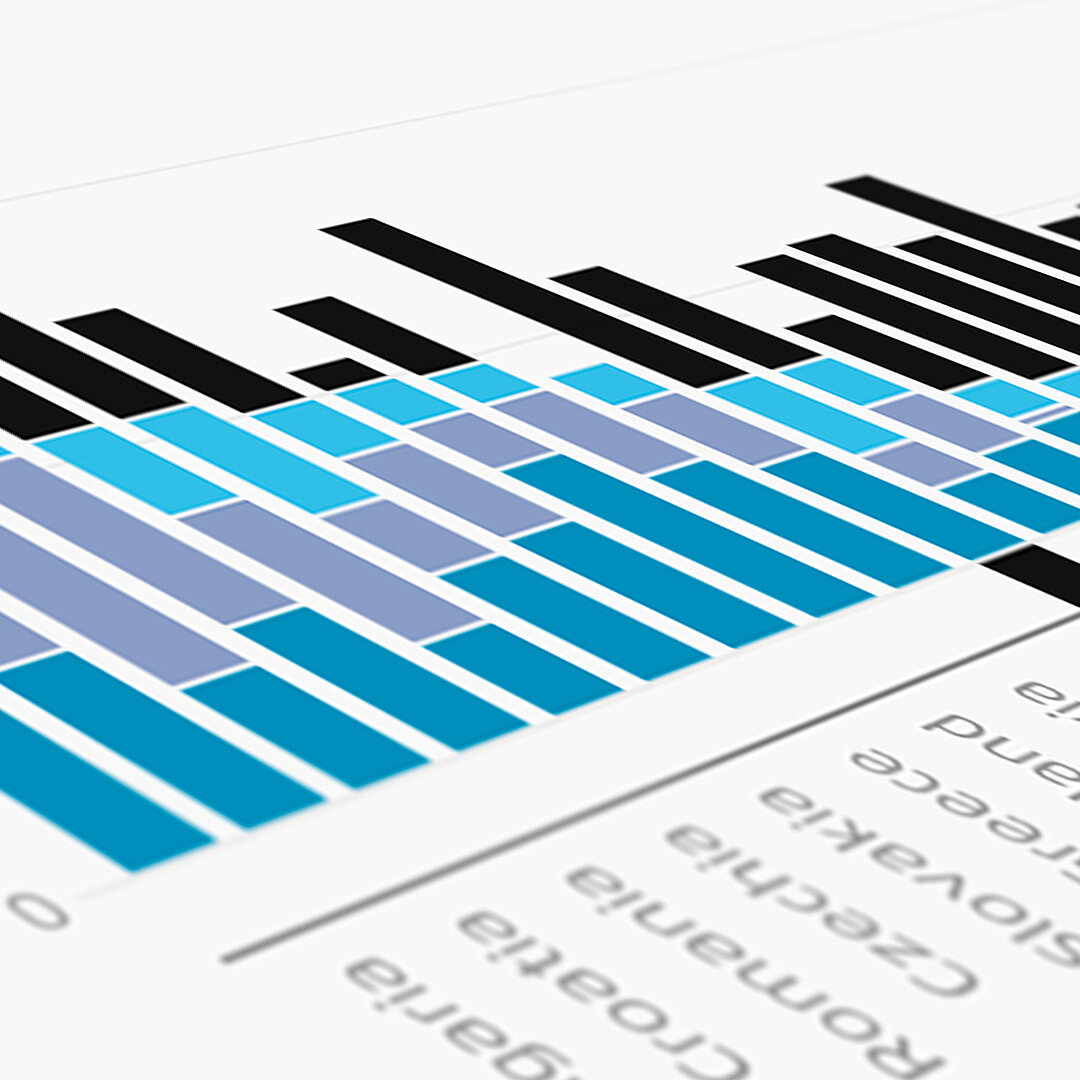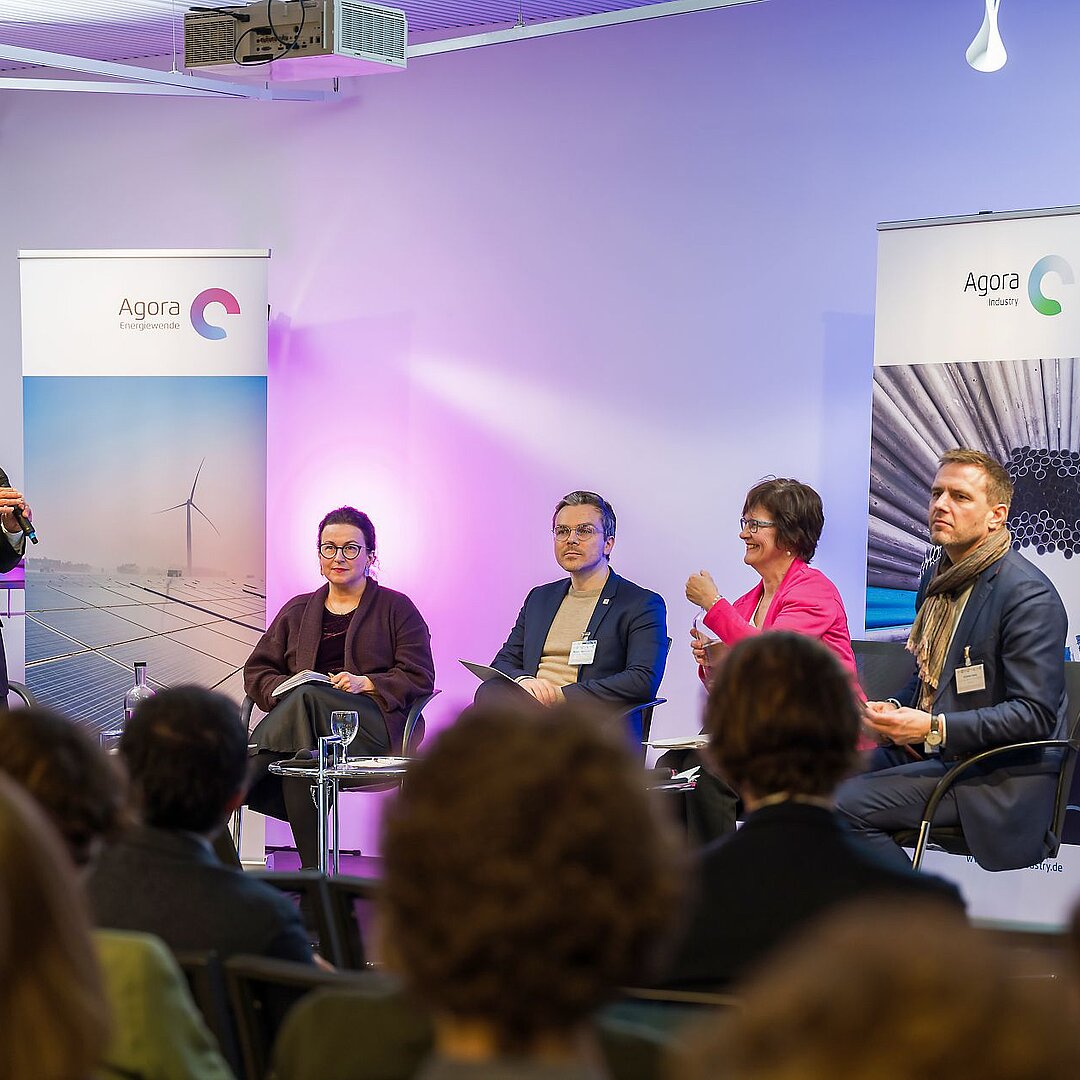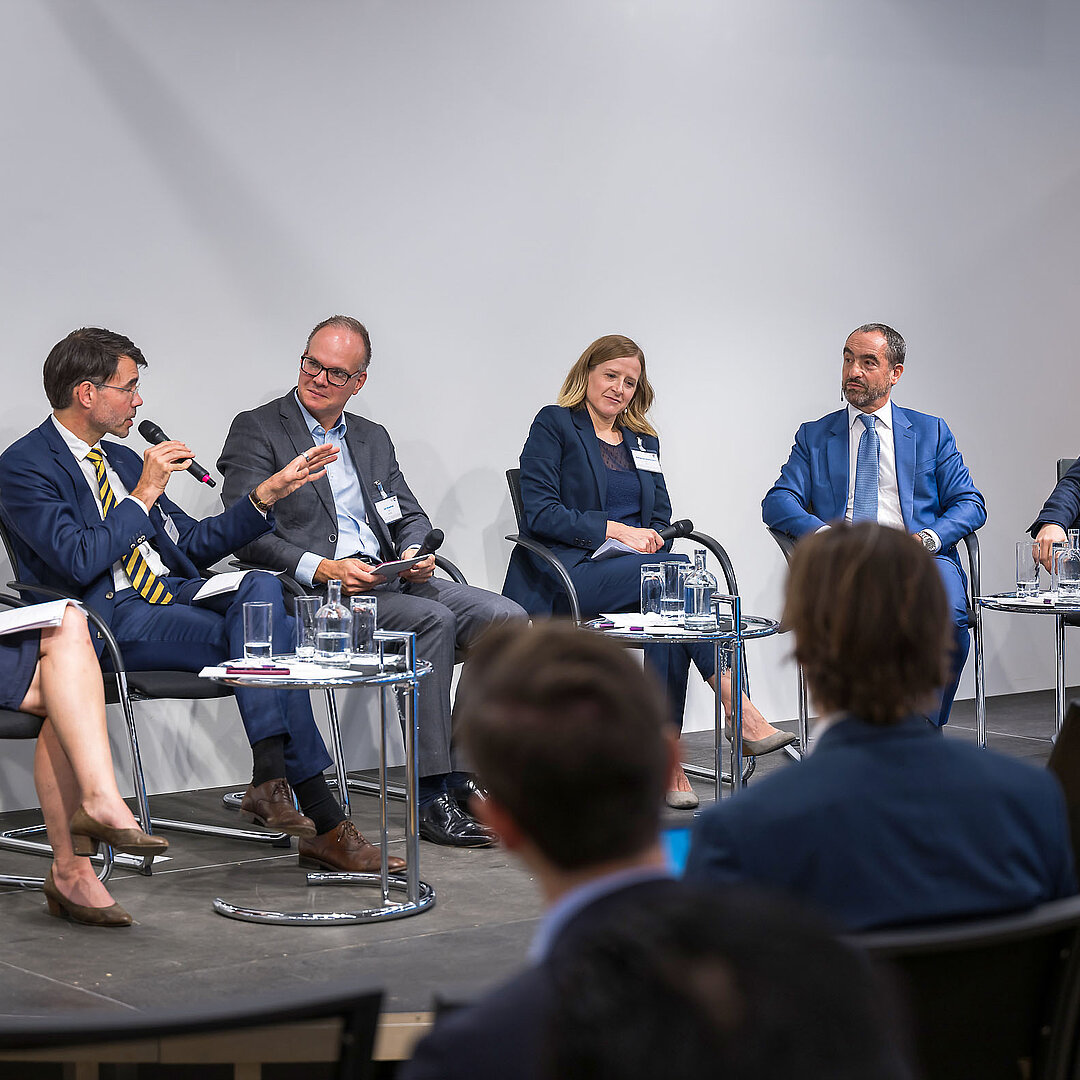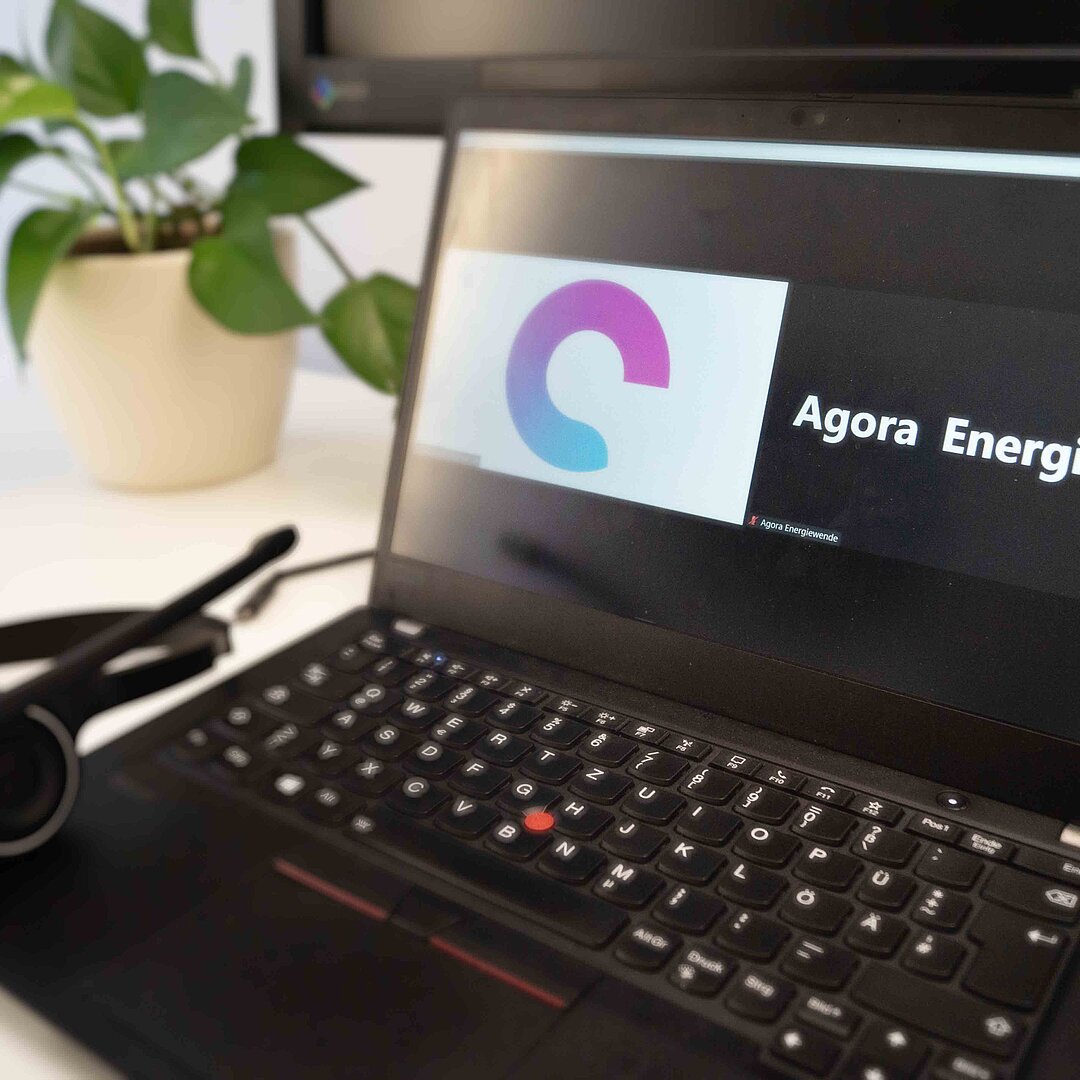-
Europe needs to consider the climate crisis in all policy areas – from security to fiscal planning, agriculture to industrial development – as it seeks feasible solutions for achieving net zero by mid-century.
Following European elections in June 2024, the EU will need to set a greenhouse gas emission reduction target for 2040 and build on the “Fit for 55” package. New policy initiatives should strengthen solidarity, competitiveness and sovereignty while maintaining a sound financial basis.
-
The successful transition requires broader public support and active engagement of citizens.
The next EU Commission should take initiatives to make climate-friendly heating, cooling and mobility options affordable and accessible, and develop a European Rural Deal to enable farmers, forest owners, and rural communities to benefit from the transition.
-
Greening Europe’s industrial base while strengthening strategic cleantech competitiveness and resilience should be at the core of the next Commission’s work programme.
Policy initiatives should prioritise direct electrification technologies for industrial heat, deployment funding for green basic materials production, leveraging Europe’s single market to drive demand, growing strategic clean industrial manufacturing at home, and incentivising diversification of green global value chains.
-
The next mandate needs to ensure sufficient EU funding for the transition to climate neutrality.
The EU budget for 2028–2034 should increase overall funding available for the transition by allocating funds across the budget more closely with climate investment needs. A new climate fund should fill the gap after the Recovery and Resilience Facility ends, financed with a balanced mix of sources including carbon pricing revenues and EU debt. In the future, EU funding can also play a stabilising role as governments will see gradually declining revenues from taxing fossil fuels while the EU advances towards climate neutrality.
EU policies for climate neutrality in the decisive decade
20 Initiatives to advance solidarity, competitiveness and sovereignty

Preface
Negotiators from the Council and the European Parliament are wrapping up the last elements of a comprehensive update of EU climate and energy laws that aim at reducing greenhouse gas emissions in Europe by 55 percent by 2030.
With European elections in June and the appointment of a new European Commission in November 2024, there is growing interest in climate policy priorities in the 2024–2029 EU policy cycle. An effective implementation of the Fit for 55 policy package will be a major focus. In addition, the political focus will already be on the time after 2030. New policy initiatives will face a different political context compared to five years ago as solidarity, industrial competitiveness, and sovereignty concerns have moved to the fore. Policies for the post-2030 period also need to address a different set of issues and dynamics than pre-2030 policies.
This discussion paper pulls together expertise from across the Agora Think Tanks. As a starting point for a dialogue, we make recommendations for 20 policy initiatives across all sectors to advance EU policies for climate neutrality in this decisive decade.
We hope you enjoy the read and look forward to your comments and a fruitful exchange.
Key findings
Bibliographical data
Downloads
-
Summary
pdf 3 MB
EU policies for climate neutrality in the decisive decade
20 initiatives to advance solidarity, competitiveness and sovereignty
-
Impulse
pdf 6 MB
EU policies for climate neutrality in the decisive decade
20 Initiatives to advance solidarity, competitiveness and sovereignty
All figures in this publication
20 policy initiatives to advance solidarity, competitiveness and sovereignty
Figure A from EU policies for climate neutrality in the decisive decade on page 4

The EU Green Deal delivery gap: EU climate and energy targets vs past and future trends
Figure 1 from EU policies for climate neutrality in the decisive decade on page 11




















